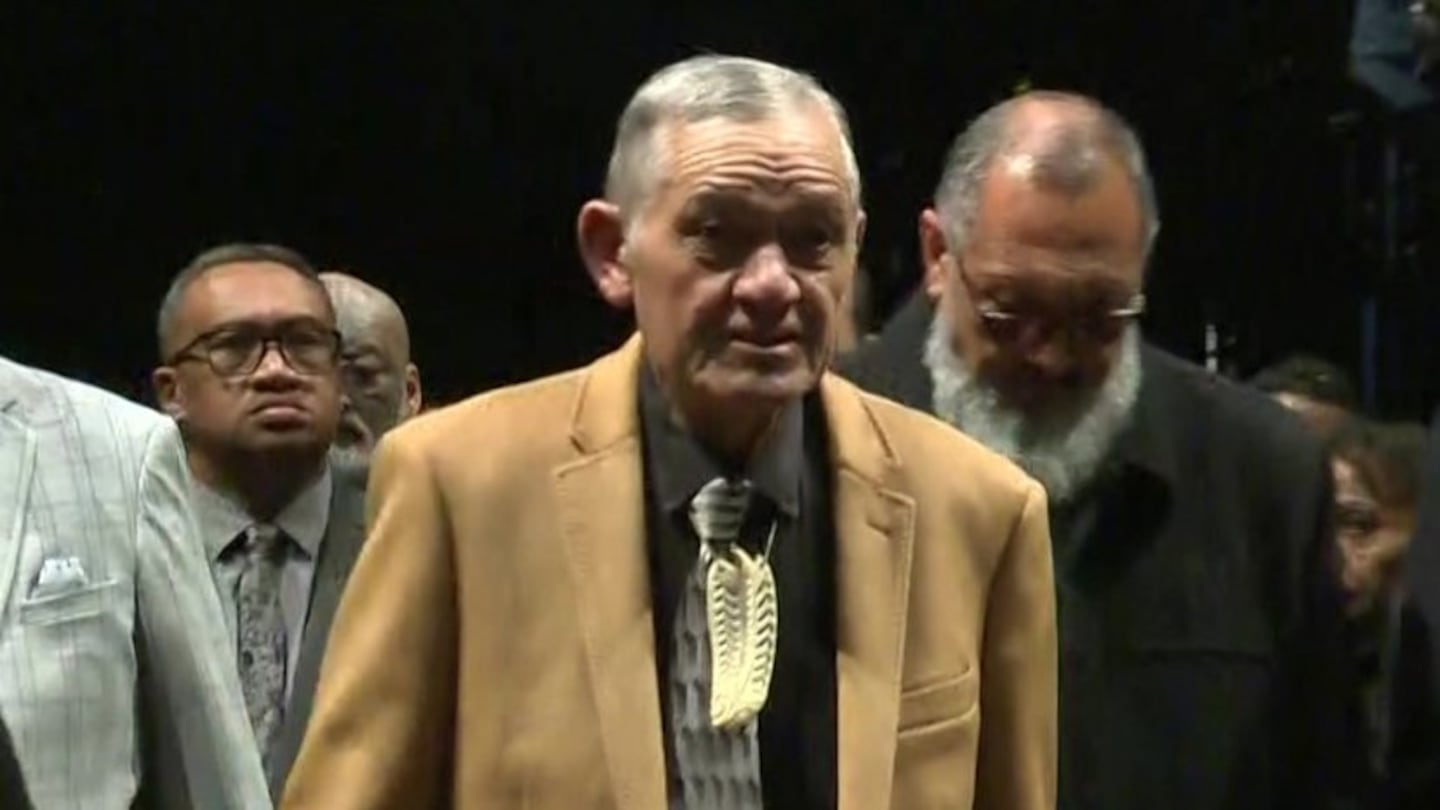King Tuheitia has invited the motu to a national hui at Tūrangawaewae in January to unify the motu and ensure all voices are heard in holding the coalition government to account.
The Kīngitanga movement celebrated 165 years at the weekend, where King Tuheitia received a “very clear message” from many rangatira across the motu and as a result, has issued Te Paki o Matariki (Royal Proclamation) calling the hui.
Tūwharetoa ariki Tā Tumu Te Heuheu and Rātana tumuaki Manuao Te Kohamutunga Tamou support the call, and say the Crown must be a responsible Treaty partner and unify, not divide the nation.
Kīngitanga chief of staff Ngira Simmonds says there has been a lot of unhelpful and divisive rhetoric during the election campaign which was being felt by many New Zealanders – both Māori and non-Māori.
“There’s strong opposition to the government’s statements on the Treaty of Waitangi, which could undermine decades of hard-fought justice and equality for our nation. Now is the time for Kotahitanga and focusing on what we have in common.
“The affirmation of mana motuhake has been the driving force of the Kīngitanga for 165 years,” Simmonds says. “The purpose of this national hui is for te iwi Māori to gather in our place, with our tikanga, to kōrero and wānanga our future. All are welcome to this meeting – it will be a safe place where the many voices can come together: tamariki, rangatahi, pakeke and kaumātua.”
Seymour welcomes hui
The hui will take place on January 20, ahead of the annual Rātana birthday commemorations and Waitangi Day.
ACT leader David Seymour says the call for a national hui could be a “welcome development” in a public debate around the Treaty of Waitangi.
“This government is committed to each and every New Zealander having the same rights and duties, just as the Treaty says. We welcome the debate.
“ACT has long said that the Treaty, what it says and what its principles mean, what the lens through which we view the Treaty in 2023 means being those prinicples is actually that deserves more public debate than it has in the last four decades.
“There is also the opportunity to find clarity and a better way forward, because there are also a lot of people who are deeply distressed by the way the Treaty jurisprudence has developed over the last four decades. The Treaty has come to be something through the concept of partnership which has rolled out of control to be something that divides rather than unites.”




